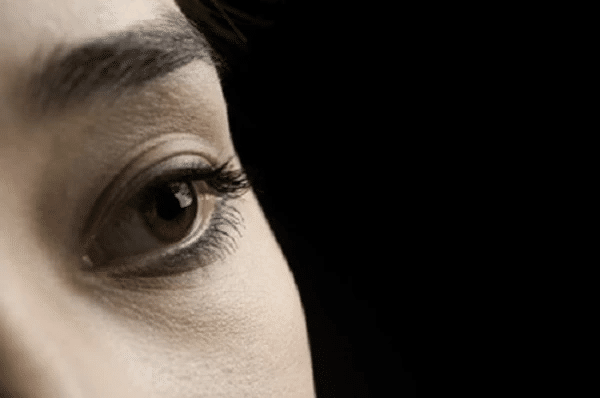If you suffer from bad eyesight at night, it could be a case that you simply require eyeglasses, especially if you suffer from nearsightedness. However, in some cases, it could be a sign of another eye condition.

Below we consider the most common eye conditions associated with difficulty seeing at night:
Cataracts
The lens of your eye is located right behind your pupil and, as you age, the cells grow and die inside it. This builds up the amount of debris and causes cataracts. These won’t cause you pain, but will slowly cloud your eye lens causing sight difficulty. One of the first and most common symptoms is decreased night vision. This is due to cataracts distorting the light that comes through your eyes. In addition to difficulty with night vision, you may also experience blurry vision or see halos around lights.
Lack of vitamins
Bad night vision could indicate a lack of vitamin A or low zinc levels. You need vitamin A to help keep the retina healthy. An increase in carrots and leafy greens could improve your situation. You also need zinc in your diet as it helps vitamin A work. You can find zinc in beef, beans, and poultry. The most common symptom of low zinc levels is night blindness.
Retinitis pigmentosa
This is a rare genetic disorder that usually affects those younger than 30. A decline in night vision is often an early symptom. In some cases, people can lose their sight altogether.
Sunlight exposure
Night blindness can also be caused due to prolonged exposure to sunlight. It’s also a major risk for cataracts which again are the biggest cause of poor night vision. It’s important to always wear sunglasses when exposed to extreme sunlight.
Diabetic retinopathy
If you suffer from either type 1 or type 2 diabetes, poor blood control could lead to diabetic retinopathy. This could cause problems with your night vision. Type 2 diabetes is often undiagnosed, so if you are suffering from eye problems, it’s best to gain a professional opinion. Treatment for diabetic retinopathy includes pan-retinal photocoagulation which uses a laser to destroy the tiny blood vessels that risk sight loss. This treatment will preserve your overall sight but could see a reduction in your night vision, causing night blindness.
When to consult your local optician
If you are concerned about your night blindness and you are suffering from additional symptoms, then it’s a good idea to make an appointment with your local optician. A simple exam and conversation can indicate the cause of your night blindness and provide you with the correct treatment.





